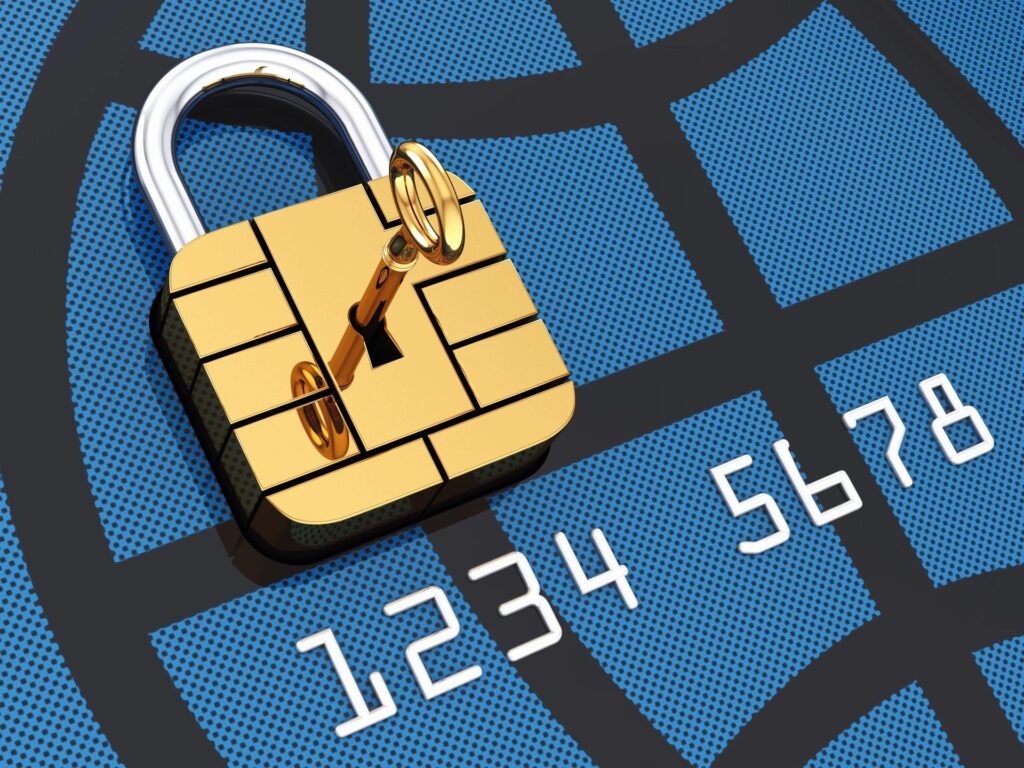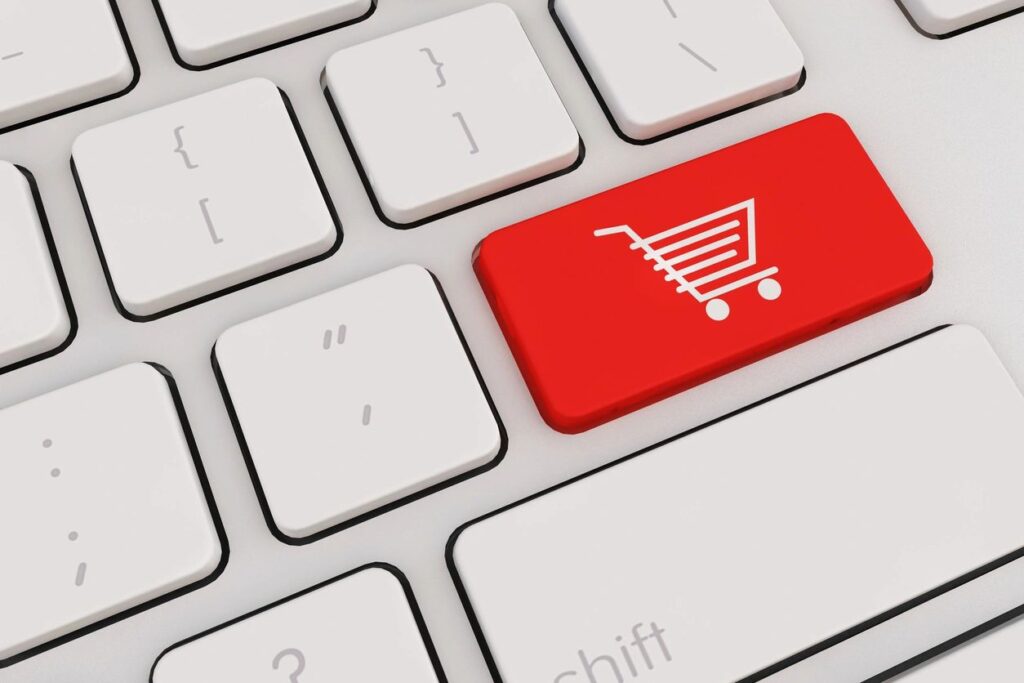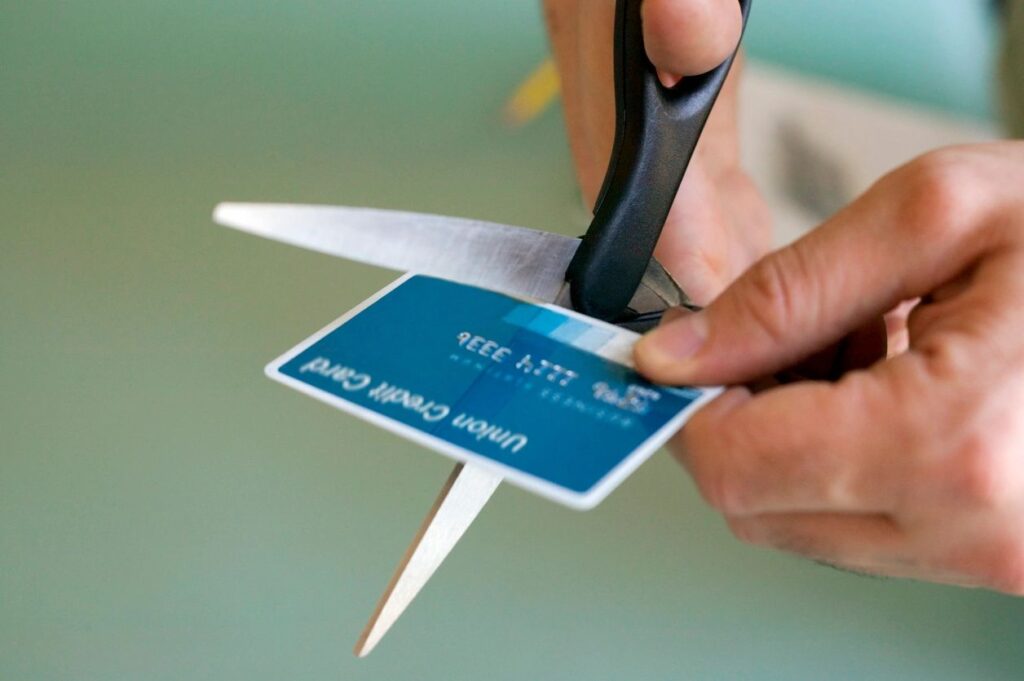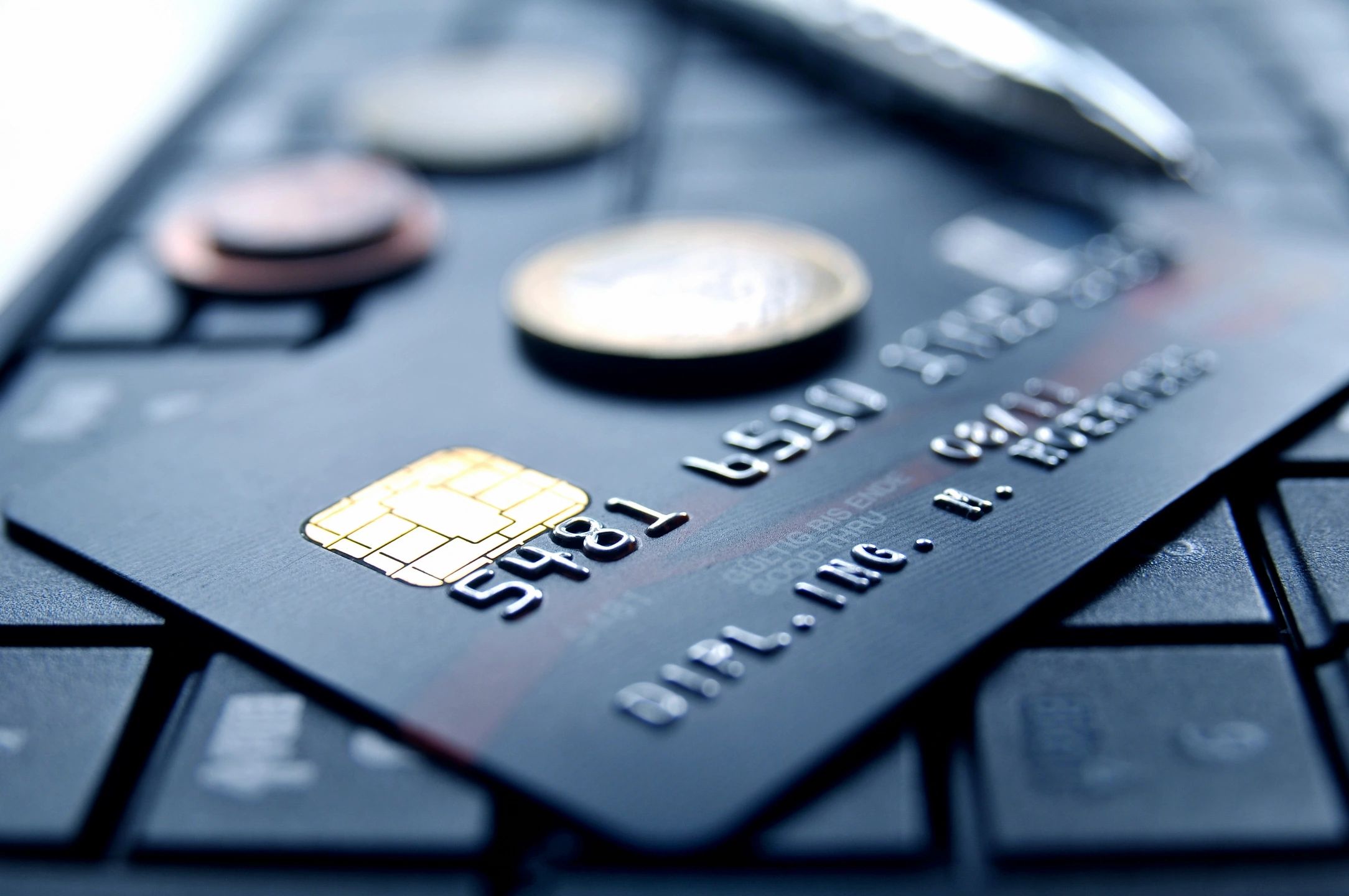Credit cards have become a regular part of our lives, from online shopping to booking flights and building credit scores. But whether you’re thinking of getting your first card or already use one regularly
In this blog, we’ll walk you through the basics of credit cards, how to use them wisely, common mistakes to avoid, and what’s new in the world of credit cards in 2025.
What is a Credit Card?
A credit card is a payment card issued by a bank or financial institution that allows you to borrow money up to a certain limit for purchases or cash withdrawals. You’re expected to repay the amount by a due date, and if you don’t, interest is charged on the balance.
The key benefit? You don’t have to pay immediately—but that flexibility comes with responsibility.
Want to know how global financial policies can affect your personal spending habits? Check out our guide on what’s shaping the world economy.
Types of Credit Cards
There are different types of credit cards designed for different needs:
- Rewards Credit Cards – Earn points or cashback on every purchase.
- Travel Credit Cards – Get air miles, airport lounge access, and travel insurance.
- Student Credit Cards – Low-limit cards designed for young adults starting their credit journey.
- Business Credit Cards – Track business expenses and get rewards on office-related purchases.
- Secured Credit Cards – Backed by a fixed deposit; great for people with no credit history.
Explore a list of different card types with features on NerdWallet’s guide to see what suits you best.

How Does a Credit Card Work?
Here’s a simple example:
Let’s say your credit card has a limit of ₹50,000. You buy a phone worth ₹15,000. The bank pays the store on your behalf. You now owe the bank ₹15,000, which you can repay before your next billing cycle (usually 30-45 days) without paying any interest.
If you don’t pay in full, interest starts accumulating on the unpaid amount, often around 30-42% annually.
Curious about how rising interest rates worldwide may affect your card bills? Here’s a simple guide to global financial news.
Key Terms You Should Know
- Credit Limit: The maximum amount you can spend on the card.
- Minimum Due: The least amount you must pay to avoid a late fee—usually 5% of your bill.
- Billing Cycle: The monthly period when your card activity is recorded.
- Due Date: The last date to pay your bill.
- APR (Annual Percentage Rate): Interest rate if you don’t pay your balance in full.
Benefits of Using a Credit Card Wisely
- Builds Credit Score
Timely payments help improve your credit score, which is crucial for getting loans and mortgages. - Earn Rewards
Many cards offer cashback, discounts, or air miles on regular spending. - Emergency Backup
You don’t need to dip into savings for sudden expenses. - Expense Tracking
Monthly statements help you understand where your money is going. - Safety
If your card is stolen or misused, most banks offer fraud protection.

Common Mistakes to Avoid
- Paying Only the Minimum: Interest builds up quickly and can trap you in debt.
- Spending More Than You Can Repay: It’s tempting, but always think of it as borrowed money.
- Missing Due Dates: Even one missed payment can hurt your credit score.
- Ignoring Annual Fees: Choose cards that give value for the fees charged.
- Withdrawing Cash: ATM withdrawals on credit cards come with high charges and no grace period.
Tips for First-Time Credit Card Users
- Start with a Low Limit
This keeps spending in check while you learn the ropes. - Set Auto-Pay Reminders
Use your bank’s mobile app or Google Calendar. - Use It Like a Debit Card
Don’t spend money you don’t already have in your account. - Check Statements Regularly
Watch for fraud or errors—and understand your habits. - Don’t Apply for Too Many Cards
Each application affects your credit score temporarily.
What’s New in Credit Cards in 2025?
The credit card industry is evolving fast. Here are some of the new trends you’ll see in 2025:
1. AI-Based Spending Insights
Banks now offer real-time alerts and suggestions to help manage your spending better. Some apps even warn you before you overspend.
2. Biometric Credit Cards
Fingerprint sensors on credit cards are being rolled out to make transactions more secure.
3. Sustainable and Eco Cards
Cards made of recycled materials and rewards tied to eco-friendly brands are growing in popularity.
4. “Buy Now, Pay Later” (BNPL) Integration
More credit cards are partnering with BNPL services to allow interest-free EMIs directly at checkout.
5. Virtual Cards for Online Use
To reduce fraud, many banks now offer single-use virtual cards for safer online transactions.
Learn how these innovations tie into global financial shifts in our article on what’s happening around the world.
When Should You Avoid a Credit Card?
Credit cards are useful, but not for everyone at all times. You might want to hold off if:
- You’re already in debt.
- You struggle with impulse spending.
- You can’t commit to repaying on time every month.
In such cases, consider using a debit card or prepaid card instead.

Choosing the Right Credit Card
Before applying, ask yourself:
- Do I want cashback, rewards, or travel perks?
- Will I pay in full each month?
- Can I handle an annual fee?
Compare cards on trusted platforms like:
Always read the fine print, especially interest rates, fees, and terms of rewards.
Final Thoughts
A credit card can be your best financial friend or your worst enemy—it all depends on how you use it. If managed wisely, it offers convenience, rewards, and credit-building potential. But if misused, it can lead to debt traps and stress.
Use your credit card like a tool, not like free money. Track your expenses, pay your bills on time, and choose a card that fits your lifestyle. That way, you’ll stay in control—and maybe even earn while you spend.





One response to “Credit Cards: Tips for First-Time and Regular Users”
[…] Whether you’re new to credit cards or a frequent swiper, using them right is key. For foundational strategies and ongoing best practices, don’t miss this helpful read from Asset Bulletin:👉 Credit Cards: Tips for First-Time and Regular Users […]